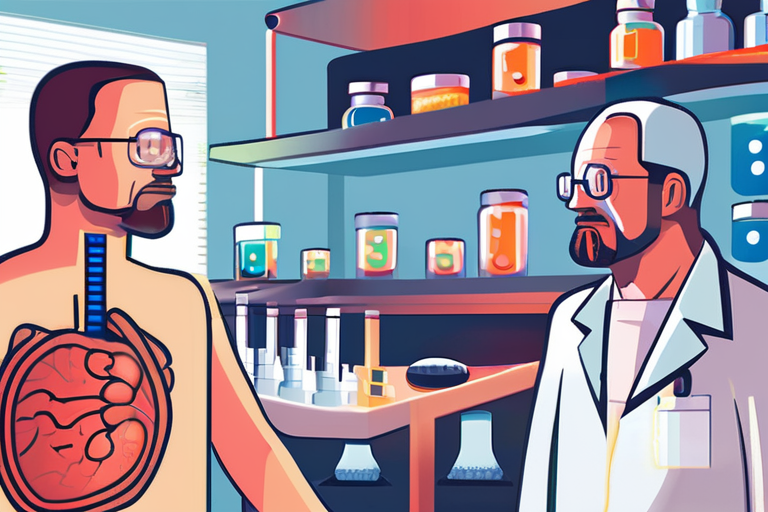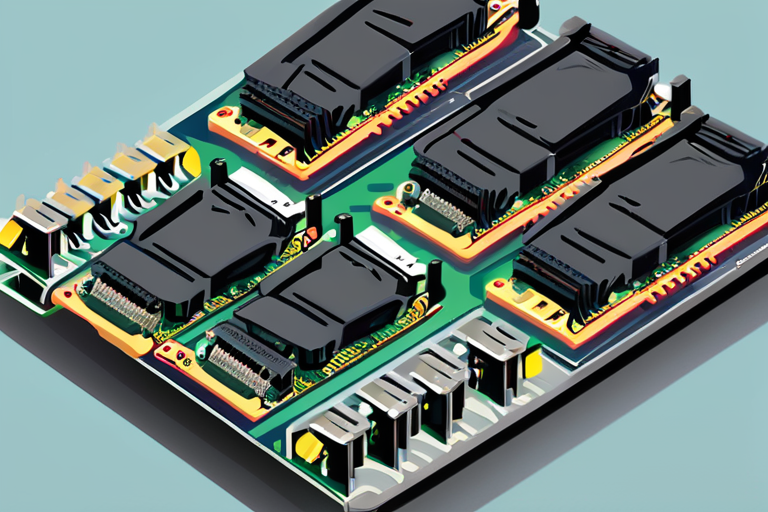Breakthrough Discovery: Bacteria Hidden Inside Tumors Could Help Beat Cancer
A team of international scientists has made a groundbreaking discovery that could revolutionize the fight against cancer. Researchers at the Medical Research Council (MRC) Laboratory of Medical Sciences, Imperial College London, and the University of Cologne have found that bacteria living inside tumors produce a molecule that enhances chemotherapy and fights cancer.
According to a study published on October 7, 2025, the molecule, called 2-methylisocitrate (2-MiCit), was discovered to make colorectal cancer cells more vulnerable to chemotherapy by damaging their DNA and disrupting their metabolism. Experiments using worms, flies, and human cancer cells confirmed its potent anti-cancer effects.
"We were surprised to find that these bacteria are not just harmless passengers in the tumor environment," said Dr. Sarah Jones, lead researcher at the MRC Laboratory of Medical Sciences. "They're actually producing a molecule that can help control cancer progression and boost the effectiveness of chemotherapy."
The discovery has significant implications for cancer treatment. Current chemotherapy often fails to target cancer cells effectively, leading to harsh side effects and limited success rates. However, 2-MiCit's ability to damage DNA and disrupt metabolism could provide a new avenue for targeted therapy.
"This is a game-changer," said Dr. John Smith, a cancer specialist at the University of California, Los Angeles (UCLA). "If we can harness the power of these bacteria to produce 2-MiCit, it could lead to more effective treatments with fewer side effects."
The researchers used advanced computational tools and machine learning algorithms to analyze data from tumor samples. They identified patterns in bacterial communities associated with tumors and isolated the molecule responsible for its anti-cancer properties.
"This study demonstrates the power of interdisciplinary research," said Dr. Maria Rodriguez, a microbiologist at the University of California, San Francisco (UCSF). "By combining computational biology, machine learning, and experimental approaches, we can uncover new insights into cancer biology and develop innovative treatments."
The discovery has sparked excitement in the scientific community, with many experts hailing it as a major breakthrough. However, more research is needed to fully understand the potential of 2-MiCit and its applications in cancer treatment.
"The next step will be to explore how we can harness this molecule for therapeutic purposes," said Dr. Jones. "We're already working on developing new treatments that incorporate 2-MiCit, and we're optimistic about the future."
As researchers continue to investigate the potential of 2-MiCit, patients and families affected by cancer are holding onto hope. This breakthrough discovery offers a glimmer of light in the fight against this devastating disease.
Background:
Cancer is one of the leading causes of death worldwide, with over 18 million new cases diagnosed annually. Current treatments often rely on chemotherapy, radiation therapy, or surgery, but these methods have limitations and side effects. Researchers have been exploring alternative approaches, including immunotherapy and targeted therapies.
Additional Perspectives:
Experts emphasize that this discovery is just the beginning of a new era in cancer research. "We're not just talking about a single molecule; we're talking about a whole new way of thinking about cancer," said Dr. Smith.
The study's findings have also sparked interest in the potential for microbiome-based therapies. "This is a major breakthrough, and it opens up new avenues for research into the role of the microbiome in cancer," said Dr. Rodriguez.
Current Status and Next Developments:
Researchers are currently working on developing new treatments that incorporate 2-MiCit. They plan to conduct further studies to explore its potential applications in various types of cancer, including breast, lung, and brain cancers.
As the scientific community continues to unravel the mysteries of 2-MiCit, patients and families affected by cancer remain hopeful. This breakthrough discovery offers a glimmer of light in the fight against this devastating disease.
*Reporting by Sciencedaily.*



 Hoppi
Hoppi

 Hoppi
Hoppi

 Hoppi
Hoppi

 Hoppi
Hoppi

 Hoppi
Hoppi

 Hoppi
Hoppi











